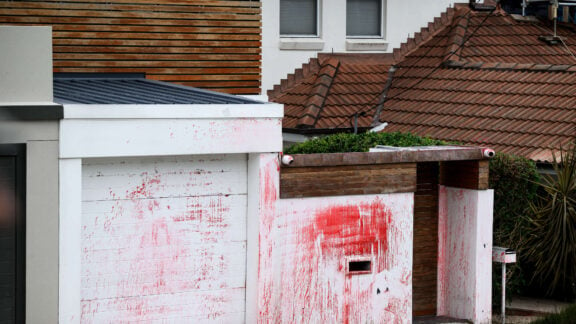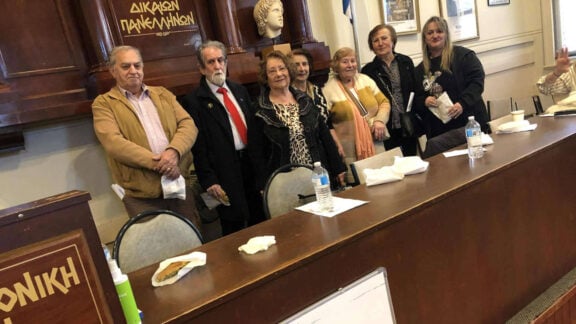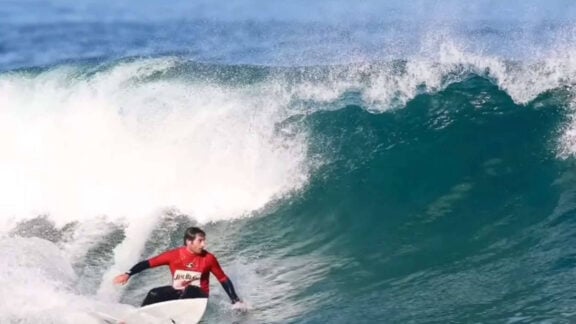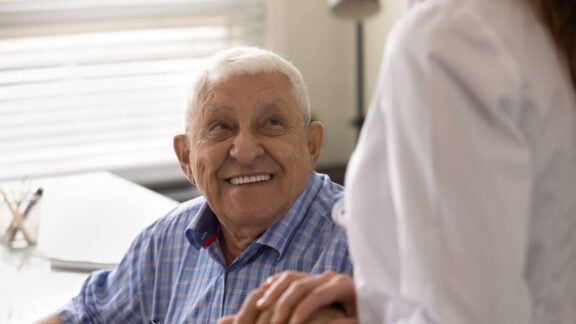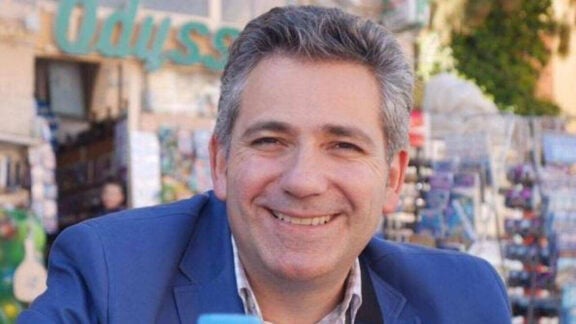The ruling of the highly publicised Cypriot-Australian drug case “foukou” was made public last week, raising eyebrows among legal circles worldwide.
A 60-year-old warehouse associate in Limassol got 23 years in prison for his role in exporting some 200 aluminium Cypriot barbeques, known colloquially as foukou grills, that were equipped with false base plates concealing multiple packages of MDMA, 628 kilos in total. The sentence is the highest ever imposed on the island in a drug related case.
The Supreme Court in the Republic of Cyprus was asked to follow up earlier this week on the decision made by the attorney general last year.
The Court was asked to commute a reduced and later suspended sentence, subject of an immediate appeal after the man’s lawyer argued that his client was treated unfairly given that his 32-year-old co-defendant, also from Limassol, had walked free with only four years in plea, despite being involved in the same offenses.
State prosecutors had dropped all but one of the 32-year-old’s charges, that of conspiracy against the 60-year-old businessman.
“Our intervention is justified, if only to lessen the feeling of injustice caused by the unequal treatment of the two offenders due to the suspension of criminal proceedings against one,” Cypriot Attorney General George Savvides had told reporters back in 2022.
The pardoned criminal, who initially maintained that he did not know there was ecstasy hidden inside, struck a deal two years later with prosecutors and testified against a warehouse associate while also implicating the appellant’s father, saying the son was the person who had instructed him to arrange for a large shipment of MDMA worth some €25 million (AUD$ 39,070,000).
But the businessman’s role in the criminal activity did not differ in any way from that of the warehouse associate, the Supreme Court found last month.
The appellant’s lawyer argued in 2022 that his client had not been treated fairly, saying “there was no dispute that both men had been equally active in the plan”.
According to the 60-year-old’s lawyer, the Supreme Court brushed aside arguments made to the criminal court on behalf of the attorney general, saying that “in this case, it is not disputed that the prosecuting authorities had testimony in their hands that implicated the appellant’s co-defendant in the serious crimes of drug possession with the purpose of supplying them to third parties and their export from the Republic of Cyprus, something to which the Criminal court made no reference”.
“Our intervention to reduce the sentences imposed is justified, if only to lessen the feeling of injustice caused by the unequal treatment of the two offenders due to the suspension of criminal proceedings against one,” the Supreme Court found.
The appeal judges reduced the prison sentence from 23 to 18 years for the warehouse associate but clarified that the criminal court’s sentence would not have been “blatantly excessive” had it not been for the prosecution witness walking free.
Meanwhile, in an unrelated case, two men have been charged after a quantity of cocaine was found stuck to the bottom of a ship in Newcastle that arrived from China on Tuesday, 24 January. The ship is still docked in GrainCorp’s terminal at Newcastle, according to Australian Federal Police (AFP) and NSW State Crime Command.
The AFP have confirmed that the men have been charged with attempting to possess a commercial quantity of a border-controlled drug allegedly attached to the hull of the Cyprus-flagged bulk carrier Stalo.
In a statement the AFP said that enquiries into this matter are ongoing and further details regarding the link with the Cypriot carrier will be provided when it is appropriate to do so.


